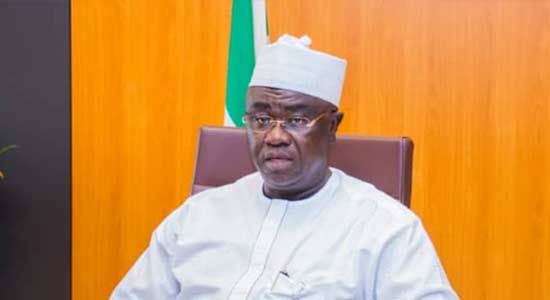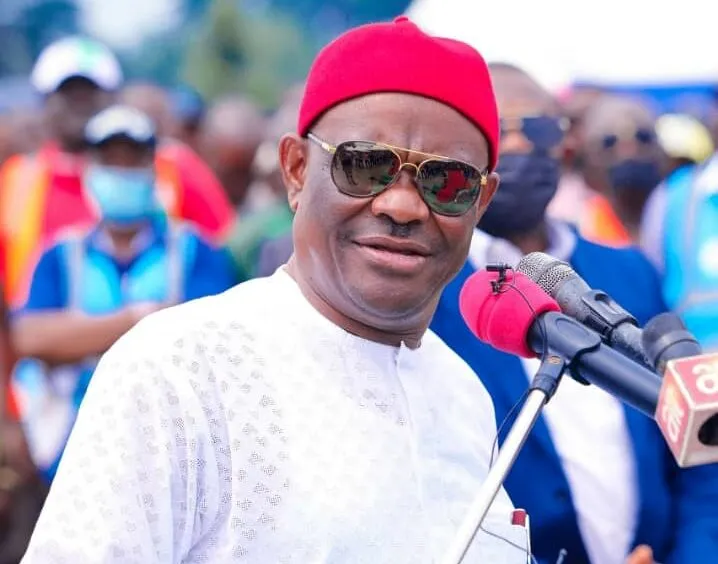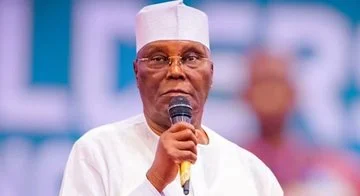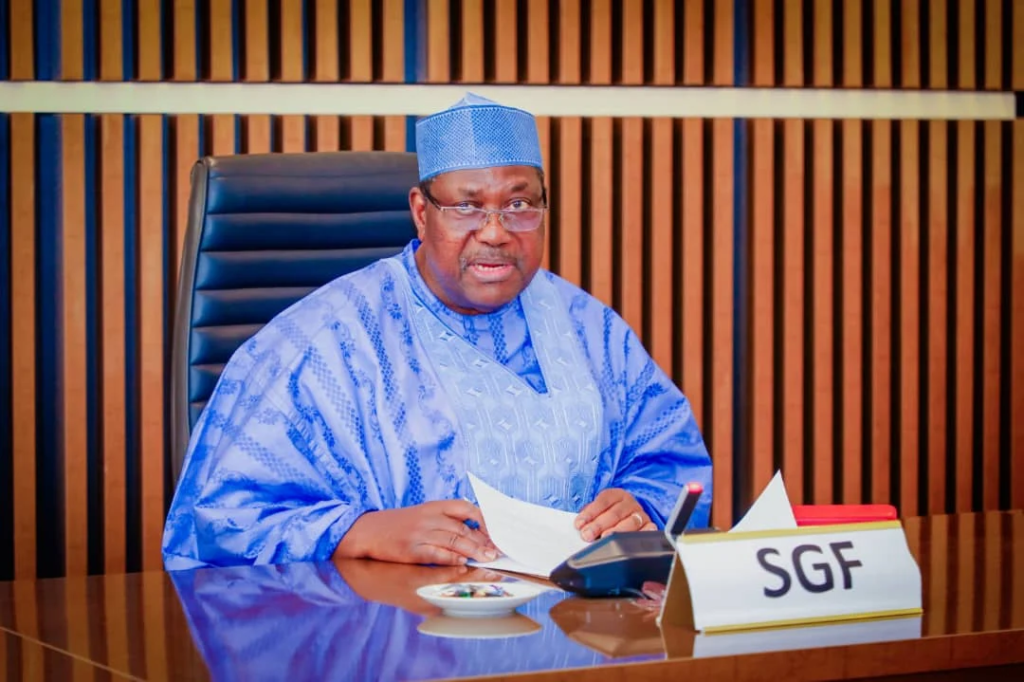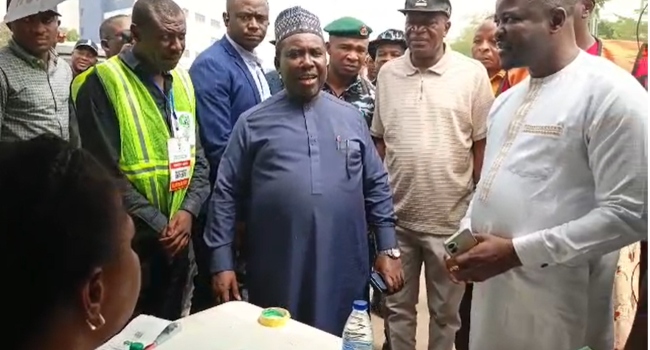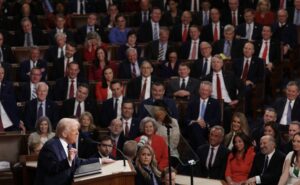Clement Agba, Minister of State for Budget and National Planning, made this claim in Abuja on Wednesday following the week’s Federal Executive Council (FEC) meeting presided over by President Muhammadu Buhari at the Presidential Villa.
According to him, the rise in poverty in the country is the result of state governments failing to contribute their fair share of development responsibilities to the grassroots, where the majority of production activities take place.
Agba, while fielding questions from State House Correspondents on how he and his counterpart the Minister of Financial, Budget and National Planning, Zainab Ahmed, were doing to cushion the current hardship faced by Nigerians, noted that state governors are busy building flyovers, airports and other projects that are visible in the state capitals rather than investing in areas that directly uplift the standard of life of the people in the rural areas.
He advanced that state governments have consistently received their shares of national resources, but have misdirected the resource to projects that have almost no direct effect on the needs of the people.
Several reactions have followed the recent National Bureau of Statistics (NBS) report that 63% of Nigerians, or 133 million people, are multidimensionally poor.
According to the NBS report, 65% of the poor live in the north, while 35% live in the south.
However, the minister’s reaction joins a slew of others when he says that approximately 72% of poverty in Nigeria is found in rural areas, and state governors have abandoned this rural population to focus on functions in state capitals.
Agba also stated that while states are in charge of agricultural land, they do not invest in it in order to achieve the desired effect on their rural citizens, noting that they should focus on initiatives that can pull the majority of the people out of poverty.
He also said the Federal Government, through many of its social security programmes, has been dedicating resources to alleviating hardship for the public.

